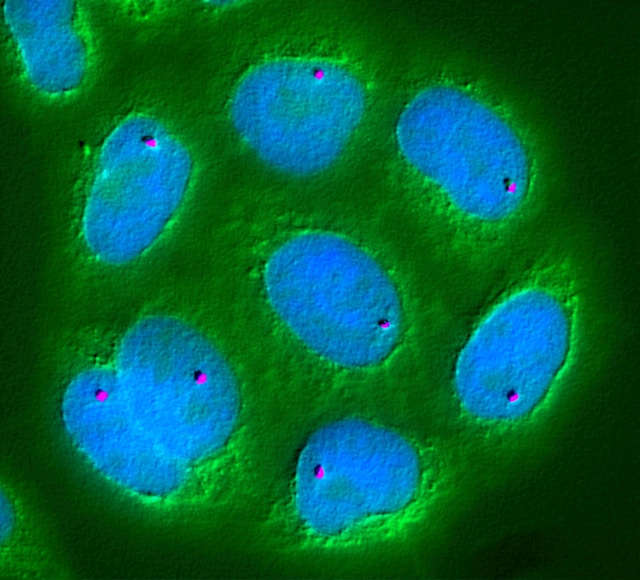Gevo, a renewable chemicals and advanced biofuels company, announced a joint development agreement with LG Chem to develop sustainable bioplastics using proprietary ethanol-to-olefins (ETO) technology. The partnership will allow Gevo to collaborate on research to accelerate commercialization of its ETO technology, which is expected to contribute to the market for sustainable aviation fuels (SAF) as well as bio-propylene used to replace petroleum in items such as flooring and diapers.
According to Green Car Congress, ETO technology “uses ethanol as a feedstock, produces tailored mixes of propylene, isobutylene and hydrogen, which are valuable as standalone molecules, or as feedstocks to produce other products such as diesel fuel and commodity plastics, that would be drop-in replacements for their fossil-based equivalents.” Olefins are a vital component in products such as rubber, detergent, plastics, and packaging.
Bio-propylene’s role in renewable energy
Bio-propylene is a polymer created from natural materials such as corn, sugar cane, or other types of biomass. Gevo develops its bio-propylene using low-carbon, low-cost corn. Traditional plastics are manufactured using petroleum, but as the renewable energy transition calls for alternative fuels that emit fewer greenhouse gas emissions, there is greater research into and demand for fuels generated from biomass. According to Gevo, “U.S. corn starches could produce over 300% more fuel energy than U.S. soybean oil.”
Producing bioplastics emits close to one-third of the carbon dioxide as traditional plastics. According to a 2017 study which explored bioplastics’ carbon mitigation potential, “Corn-based biopolymers produced with conventional energy are the dominant near-term biopolymer option, and can reduce industry-wide GHG emissions by 25%, or 16 million tonnes CO2e/year (mean value).”
Dr. Paul Bloom, Gevo’s Chief Carbon and Innovation Officer says of the partnership with LG Chem, “We believe Gevo’s ethanol to olefin’s process can be more capital and energy efficient than existing technologies to make the renewable olefin intermediates used in the production of chemicals or fuels.” He continues, “Our partnership with LG Chem is a great example of how we intend to accelerate development and commercialization of our ETO technology to enable renewable chemicals with our world class partner while Gevo plans to deploy the technology to lower the cost and carbon intensity for SAF and other drop-in fuels like renewable diesel.”
Noh Kug-lae, President of LG’s Petrochemical Business, says of the agreement, “LG Chem will continue to expand sustainable and eco-friendly future businesses by reinforcing a business portfolio centered on bio-based raw materials.”
Given that production of plastics is projected to double by 2040, innovations seeking to reduce the greenhouse gas emissions associated with their production are a welcome development. The aviation industry is also expected to grow, and it currently contributes to 2.5% of global emissions. The partnership between Gevo and LG Chem may accelerate the decarbonization of both by innovative research in the biomass-to-fuel space.




